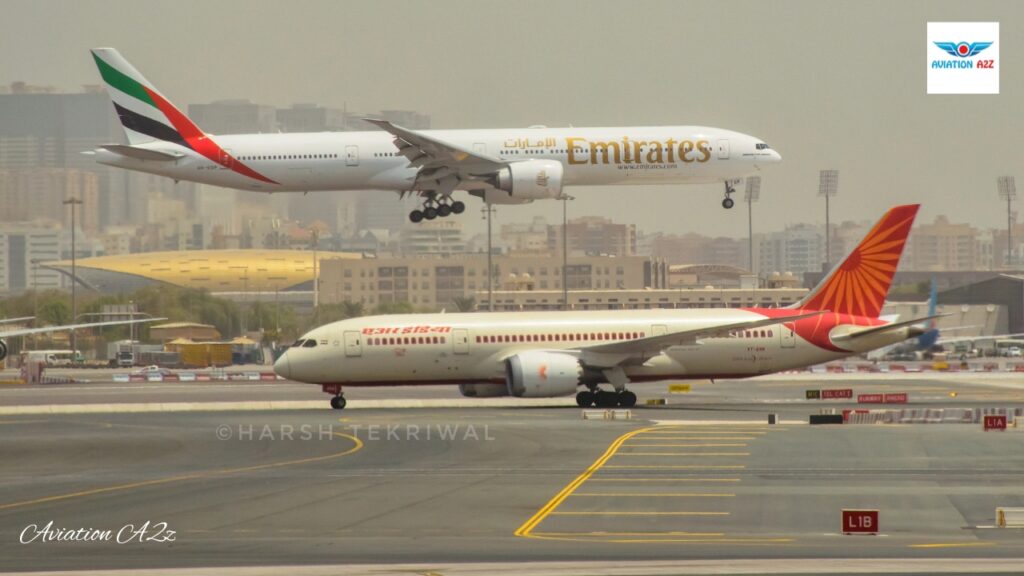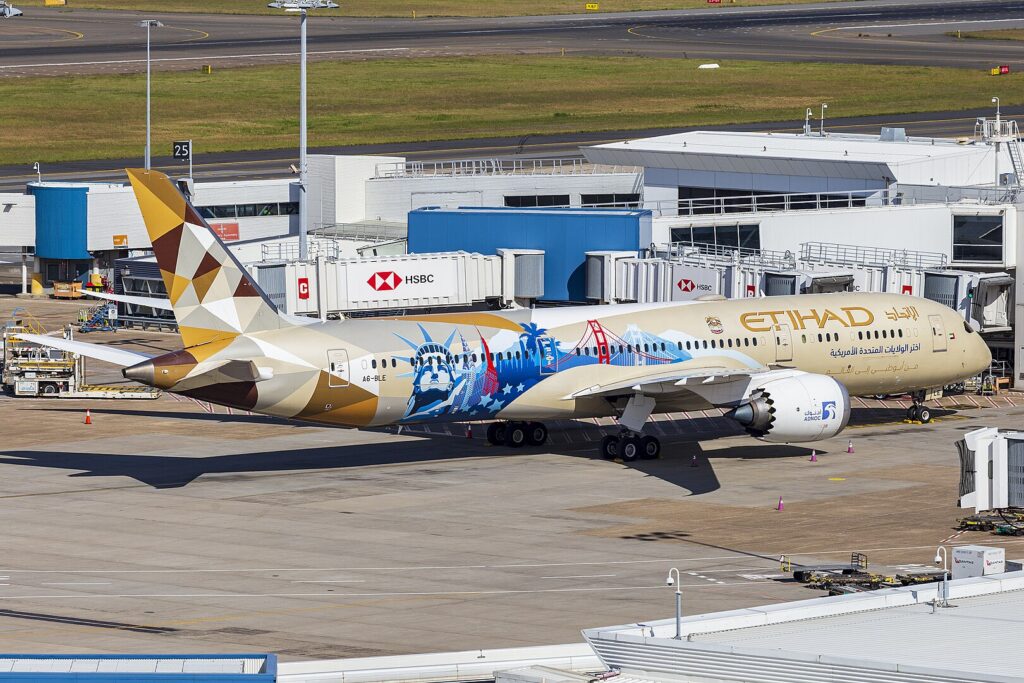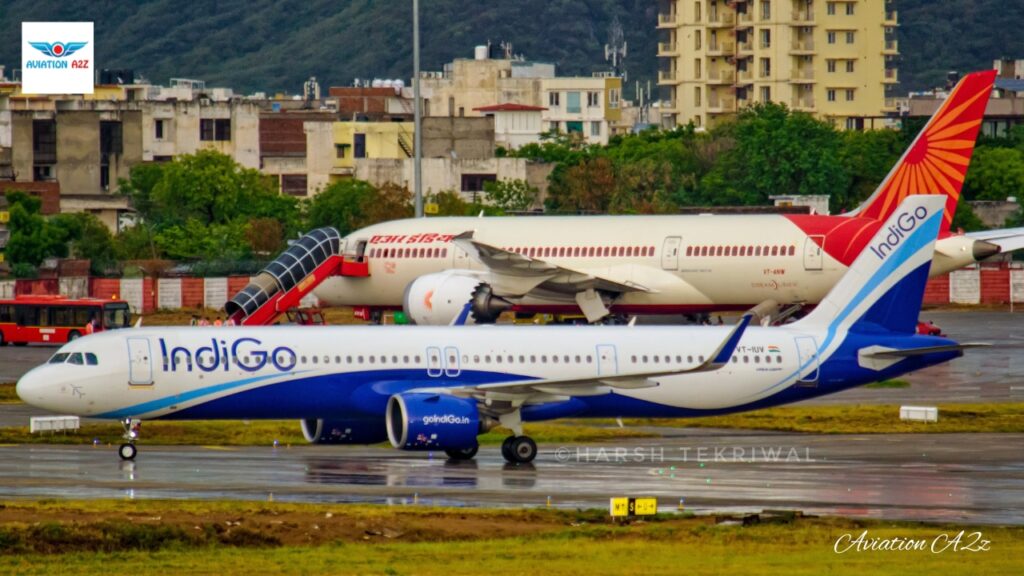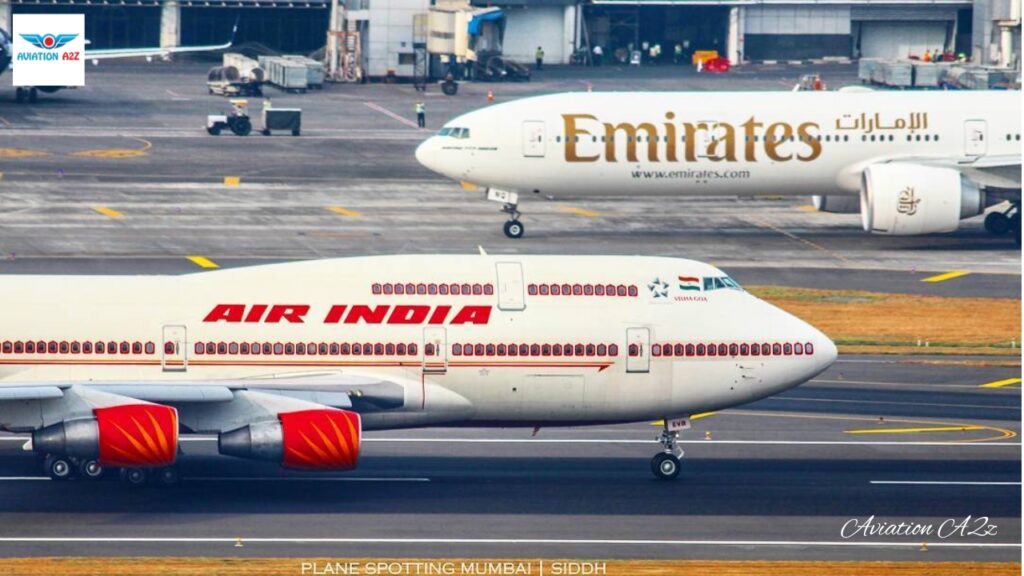DELHI- India has made an unprecedented request, demanding four seats for its carriers in exchange for each additional seat it permits Dubai-based airlines to operate within the country, as per sources familiar with the situation.
This departure from the typical bilateral process in international aviation trade, where states reciprocally exchange rights, indicates India’s efforts to secure a more advantageous position for its airlines on international routes, as reported by ET.

India UAE Bilateral Demands
The bilateral air service agreement signed between the United Arab Emirates (UAE) and India in January 2014 allows both nations’ airlines to operate a combined total of 66,000 seats per week between Dubai and 15 Indian cities.
With this quota fully utilized by both Indian and UAE airlines, leaving no room for additional flights, the UAE has requested the Indian Ministry of Civil Aviation to augment the seat allocation for Dubai by an extra 50,000.
According to an official statement, Indian airlines predominantly offer point-to-point services to Dubai. In contrast, UAE-based airlines leverage their allocations for Sixth Freedom traffic, particularly to lucrative routes in Europe and North America.
Sixth Freedom traffic involves passengers traveling between countries via intermediate airports. In the fiscal year 2019-20, 69% of Indian passengers flying to Europe and North America opted for West Asian hubs like Dubai, Abu Dhabi, and Doha on foreign airlines.
Additionally, it was highlighted that Indian carriers did not receive any state funding during the Covid crisis, in contrast to substantial government support provided to UAE airlines.
The Indian government, under the leadership of Prime Minister Narendra Modi, is striving to create a level playing field for Indian carriers such as Air India and IndiGo (6E) on medium- and long-haul routes to Europe and North America.
This initiative has garnered support from Air India (AI), aiming to enhance its business on long-haul routes through the utilization of wide-body aircraft.

Executive Remarks
CEO Campbell Wilson of Air India has raised apprehensions regarding the surplus capacity that provides passengers with alternative airline options for North America travel, impeding Air India’s operational effectiveness. He underscored the significance of cultivating the local market for the overall benefit of the economy.
Criticism of these protectionist measures has come from Emirates (EK) and Turkish Airlines (TK), contending that such actions could adversely impact consumers.
Emirates President Tim Clark pointed out that approximately 65% of international flights operated by Indian carriers are bound for Dubai. He cautioned that a failure to expand capacity could result in Indian citizens losing out and a significant annual income loss of $800-900 million for the carriers.

New National Policy Under Development
The Indian government is in the process of formulating a national policy to convert its airports into significant international hubs, ensuring smooth international connectivity across the entire South Asian region.
This policy, pending cabinet approval, seeks to streamline security and immigration procedures at airports, allocate international flying rights, and develop essential infrastructure.
The goal is to position airports like New Delhi as competitive transit hubs, competing with well-established destinations such as Dubai and Singapore Changi Airport (SIN).
Stay tuned with us. Further, follow us on social media for the latest updates.
Join us on Telegram Group for the Latest Aviation Updates. Subsequently, follow us on Google News.

